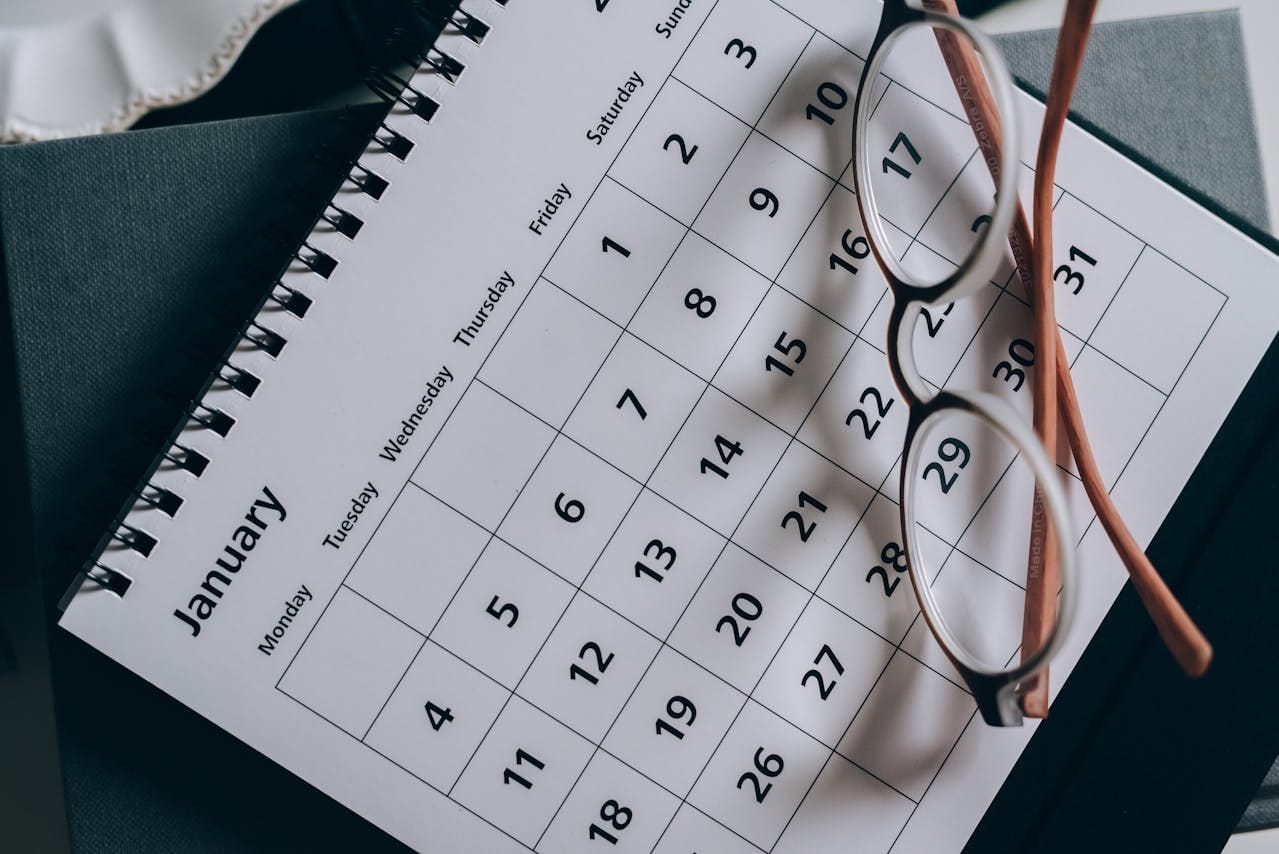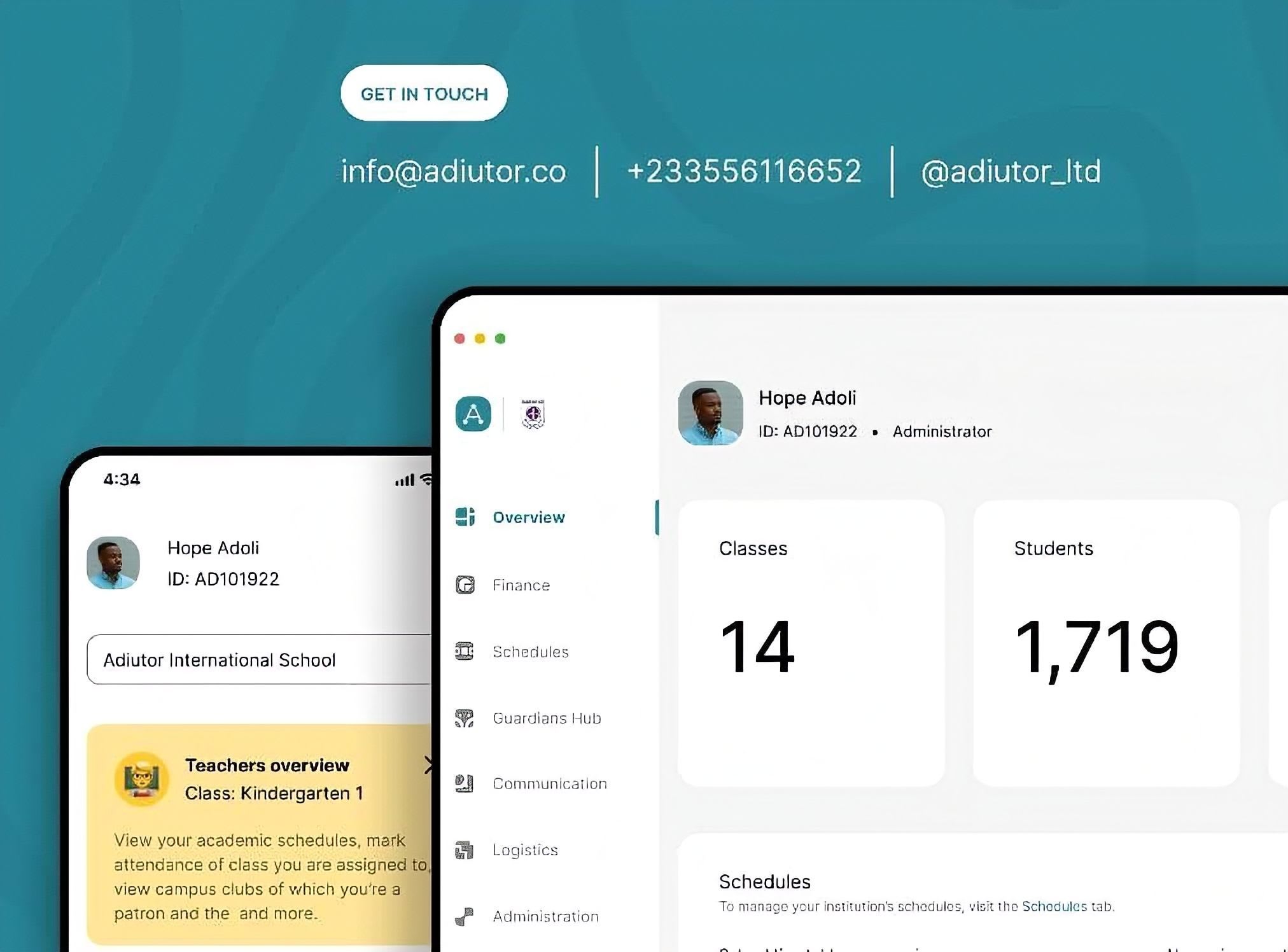Weekly Check-ins and Student Development
Weekly check-ins usually involve regular, structured conversations between students and educators, focusing on progress, challenges, and strategies for improvement.

Weekly check-ins usually involve regular, structured conversations between students and educators, focusing on progress, challenges, and strategies for improvement. Proponents argue that these sessions can help students better understand their strengths and areas needing attention while also promoting the habit of setting and tracking personal academic goals. As digital technology changes education and reduces the time spent on administrative work, this change can allow teachers to spend more of their overall school day engaging in some of these meaningful personal interactions with students.
💡 Lessons learnt: Self-awareness is the foundation of personal growth.
During a check-in session, the teacher asks students to think about their past week, asking questions like “What went well and what challenges did you face?” They review any goals set in the last meeting, discuss what went right or wrong, and set new goals for the next session.
A study by Cox-Davenport found that short, regular meetings between nursing students and their instructors helped students with time management, study skills, and stress management, ultimately leading to better academic outcomes. Students who engaged in these check-ins reported feeling more organized and better connected to their instructors, contributing to their overall academic success (Cox-Davenport, 2017). Similarly, studies on elementary students with internalizing behavior concerns demonstrated that a Check-In/Check-Out (CICO) intervention helped increase their academic engagement and decrease anxiety and other internalizing problems (Mitchell et al., 2020).
Weekly Check-ins and Self-Awareness
Weekly check-ins not only monitor progress but also create an avenue where students can openly discuss challenges and receive guidance tailored to their needs. It helps build student self-reflection, a component of self-awareness, which is important for setting realistic and meaningful academic goals (Smithson, 2013).
Weekly self-reflection practices have been shown to help students manage their energy levels, focus on goals, and boost both their well-being and academic results (Ren, Wang, & Li, 2023). Regular check-ins encourage students to understand their learning habits and emotional responses. Setting and monitoring goals weekly supports their self-awareness and academic performance, contributing positively to their overall mental well-being (Wang, Yang, & Li, 2021).
Programs like Student Success Skills (SSS) that incorporate weekly goal-setting and progress checks have been shown to improve students' metacognitive skills—the ability to assess and adjust their thinking and learning (Zyromski et al., 2017).
Weekly Check-ins in Academic Goal Setting
Weekly check-in sessions also provide students with a regular opportunity to set goals, receive feedback, and make adjustments while developing. One study indicated that when third graders were asked to set personal academic goals for their weekly assessments, their performance on standardized tests improved. Having set and monitored those goals helped the students to stay focused and motivated, which in turn reinforced the goal setting and achievement connection (Smithson, 2013).
Undergraduate students who had academic struggles and participated in a goal-setting intervention showed strong gains in academic achievement compared to a control group. Students involved in the intervention set specific academic goals for themselves and reflected on their progress over a 4-month period, which appeared to help them focus their efforts and maintain motivation (Morisano et al., 2010).
These regular touchpoints improve communication and build trust. Elementary students participating in the Check-In/Check-Out (CICO) program for a study felt a reduction in anxiety and an increase in emotional support. (Mitchell et al., 2020). In another study, students who engaged in brief, check-ins with their instructors reported increased connectedness, which made them more comfortable seeking help when experiencing academic difficulties. These connections allow instructors to detect and address the needs of students early (Cox-Davenport, 2017). Such accountability, along with a supportive environment, keeps students motivated to work toward their goals and confident that they have guidance and support along the way.

Adiutor
Adiutor means "helper" - we do just that, by taking a load of your school administration and helping you focus on what matters most: the kids.
References
- Mitchell, B. S., Lewis, T. J., & Stormont, M. (2020). A Daily Check-In/Check-Out Intervention for Students with Internalizing Concerns. Journal of Behavioral Education, 1-24.
- Cox-Davenport, R. A. (2017). "The five-minute check-in" intervention to ease the transition into professional education: A descriptive analysis. Nurse Education Today, 50, 25-28.
- Morisano, D., Hirsh, J., Peterson, J. B., Pihl, R., & Shore, B. (2010). Setting, elaborating, and reflecting on personal goals improves academic performance. The Journal of Applied Psychology, 95(2), 255-264.
- Smithson, M. S. (2013). THE POSITIVE IMPACT OF PERSONAL GOAL SETTING ON ASSESSMENT. The Canadian Journal of Action Research.
- Ren, Y., Wang, H., & Li, J. (2023). Proactive vitality management, goal attainment, and psychological well-being among college students: A weekly diary study. Applied Psychology: Health and Well-Being.
- Wang, H., Yang, J., & Li, P. (2021). How and when goal-oriented self-regulation improves college students’ well-being: A weekly diary study. Current Psychology.
- Zyromski, B., Mariani, M., Kim, B., Lee, S. M., & Carey, J. (2017). The Impact of Student Success Skills on Students' Metacognitive Functioning in a Naturalistic School Setting. The Professional Counselor, 7, 33-44.
